Faculty in the Forage-Livestock Group come from six different divisions, colleges and schools: natural resources, agricultural systems technology, agribusiness management, vet medicine, plant sciences and animal sciences.
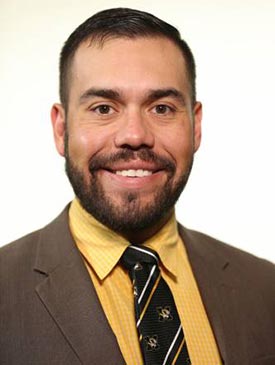
Eric Bailey
Eric Bailey is an assistant professor and state beef nutrition specialist at the University of Missouri. Dr. Bailey maintains an active applied research program in beef cattle nutrition, focusing on stocker cattle systems and improved usage of Kentucky 31 tall fescue pastures, the predominant forage in Missouri. Bailey has received over $1,100,000 in grants and has 21 publications in peer-reviewed journals. Dr. Bailey leads the MU Extension Feedlot School program and is the co-coordinator of the Missouri Grazing Schools, developed by MU Extension.
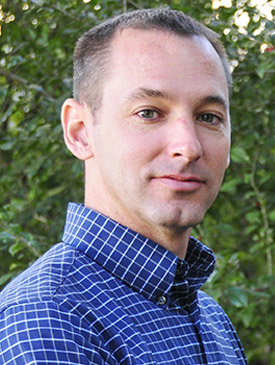
Kevin Bradley
Kevin Bradley is a professor and state extension weed scientist in the Division of Plant Sciences and Technology at the University of Missouri. Kevin's faculty appointment includes extension and research responsibilities in the area of applied weed management in pastures and forages. Since his arrival at the University of Missouri in 2003, most of Kevin's research and extension efforts in this area have been focused on the interactions that occur between weeds and forages, and specifically to determine the effects that common pasture weeds have on forage yield, quality, and cattle grazing distribution and preference.
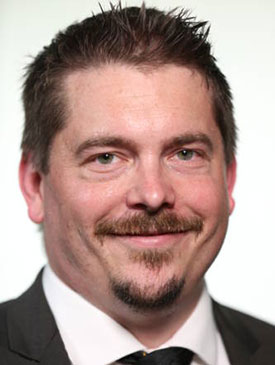
Derek Brake
Derek Brake is an assistant professor in the Division of Animal Sciences. His lab has interests in the nutrient requirement of cattle and other ruminants, including efforts to better understand the diet quality and grazing behavior of cattle on cover crops or corn residues. It has received over $2 million in extramural funds from federal and state agencies with support from commodity organizations and sponsors from allied industry. The support aided 25 articles in peer-reviewed journals; 2 refereed book chapters; 29 abstracts presented at scientific meetings, including 3 at national and international scientific conferences; and 12 articles in research reports, extension publications or popular press.
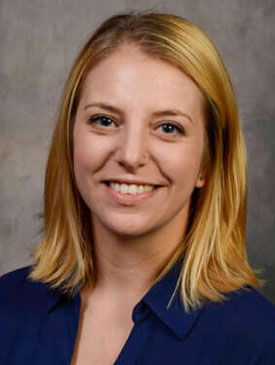
Ashley Conway
Dr. Conway is an assistant research professor of silvopasture with the University of Missouri Center for Agroforestry. With a background in ruminant nutrition and beef production systems, her work specializes in the development and study of integrated livestock systems with trees. Her work includes livestock production evaluation, ecological impacts, social dimensions, and optimization of forage, trees and livestock in the same space.
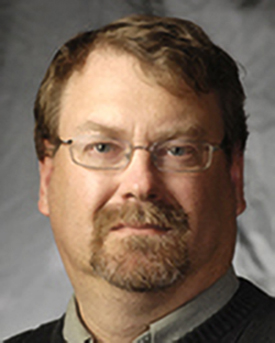
Stacey Hamilton
Stacey Hamilton's focus is on pasture systems and grazing management. He is one of the developers and testers of PaddockTrac, a sensor and modeling program to estimate forage mass, which allows Stacey to help producers make proactive decisions for the forage management program.
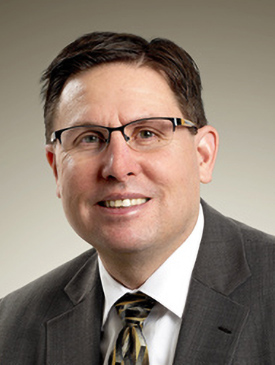
Rob Kallenbach
Robert Kallenbach's program emphasizes the use of technology in forage-livestock systems. One of his current projects, PaddockTrac, is an integrated sensing technology for measuring pasture growth that supports artificial intelligence software. More than 50 early adopters from six US states now use the PaddockTrac system to sharpen on-farm forage management.
Rob also serves as the associate dean for Extension in the College of Agriculture Food and Natural Resources and as the senior program director for the Agriculture and Environment program for MU Extension.
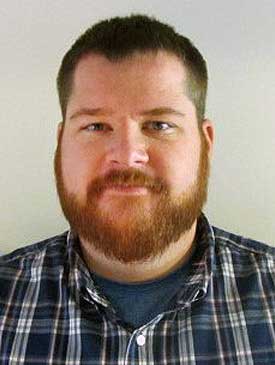
Will Knuckles
Will Knuckles is the project coordinator for the NRCS + MU Grasslands Project. The NRCS + MU Grasslands Project focuses on four main activities: grazing plans, National Resources Inventory (NRI), native warm-season grass monitoring and soil health. The goal of these activities are to increase grassland sustainability in Missouri through research and technical assistance.
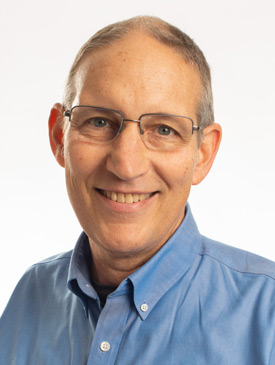
John Lory
John Lory has an Extension appointment in environmental nutrient management. His objective is to promote the efficient use of nutrients from manure and other sources for crop production in a manner that protects water and other natural resources. His extension and applied research program is focused on four areas: coordinate the "MU Certified" Strip Trial program, use sensor systems like PaddockTrack to improve efficiency of forage systems, promote sustainability of cropping systems through reducing nutrient loss and soil erosion, and fertilizer recommendations for row crops and forages.
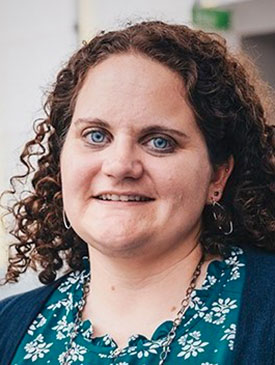
Allison Meyer
Dr. Allison Meyer is a cow-calf nutritionist with a Research-Teaching appointment in animal science. Her research focus is in nutritional management of pregnant and lactating beef cows and heifers, as well as how that impacts their calves. The Meyer lab strives to use understanding of nutrient partitioning of cows to calves to improve cowherd productivity and pre-weaning calf survival.
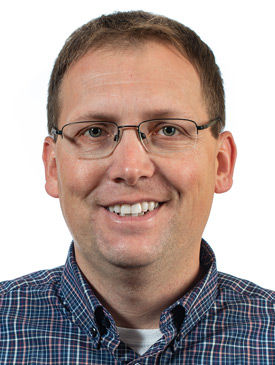
Ryan Milhollin
Ryan is an assistant extension professor in agricultural business and policy with the University of Missouri. His area of expertise is in business planning, management, finance and risk management around livestock and forage systems.
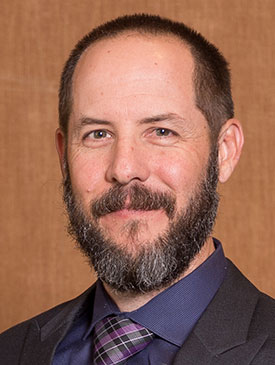
Harley Naumann
Harley Naumann conducts teaching, research and outreach focused on the plant-animal interface. Naumann is primarily interested in building forage-livestock systems that extend, and even out the unevenness of, cool-season grass-based grazing systems. Dr. Naumann's work spans all kinds and classes of small and large ruminant production.
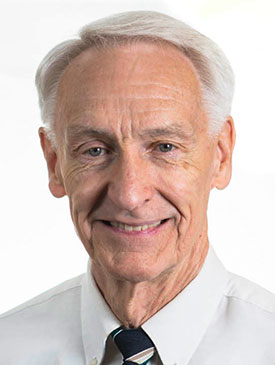
Jerry Nelson
Jerry Nelson, Curators Professor Emeritus of Plant Science, has edited 10 books on forages, written 49 book chapters and published more than 225 refereed research papers on growth and physiology of legumes and grasses. He was elected President of the Crop Science Society of America (1988), the American Society of Agronomy (1996), and the International Crop Science Society (2000). He currently works internationally to improve sustainable food production while addressing climate change.
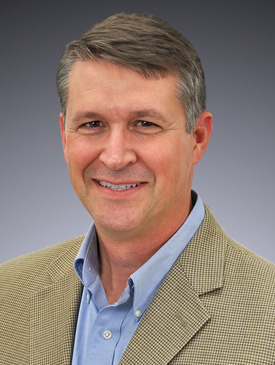
Craig Payne
Dr. Craig Payne is the beef cattle extension veterinarian for the University of Missouri. His primary area of focus is beef cattle health and management but he also serves as the veterinary continuing education outreach coordinator for the MU College of Veterinary Medicine.
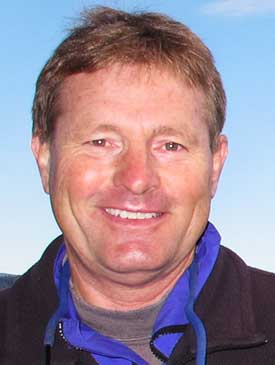
Bob Pierce
Robert Pierce is an associate extension professor within the school of natural resources and serves as the state wildlife and fisheries specialist for MU Extension. He provides leadership for the MU/MDC Native Grass Extension Project and Native Grass Group, which is focused on conducting educational programming featuring the establishment and management of native grasses for forage production, wildlife habitat and conservation benefits throughout Missouri.
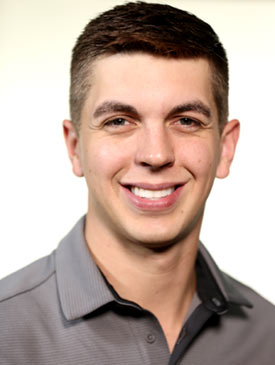
Jordan Thomas
Dr. Jordan Thomas maintains an active applied research program in reproductive management of beef cattle, coordinates the breeding program for cattle across the University of Missouri Agricultural Experiment Station Research Center herds, and serves as program advisor to the Show-Me-Select Replacement Heifer Program. A major research focus of the Thomas lab is control of the bovine estrous cycle, specifically to facilitate use of reproductive technologies such as timed artificial insemination and embryo transfer.
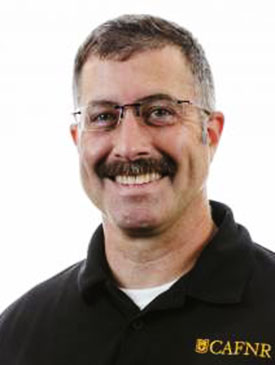
Dusty Walter
Dusty Walter is the director of the Central Missouri Research, Extension and Education Center, where he oversees a diverse group of farms that cover 7,200 acres. Included in these properties are the Beef Research and Teaching Farm and the Foremost Dairy Farm. At these locations, herd management includes both grazing and feedlot operations. Dusty believes that efforts in research and demonstration should support and grow Missouri's beef and dairy industries.
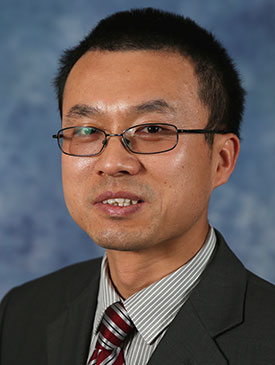
Jianfeng Zhou
Jianfeng Zhou is an assistant professor of agricultural engineering at the division of plant science and technology. Dr. Zhou's research interest is mainly in precision agriculture, high-throughput crop phenotyping and robotic harvesting technologies using emerging sensors, UAV, internet-of-things (IoT), machine vision, robotics and artificial intelligence. He is leading the MU Precision and Automated Agriculture Lab.